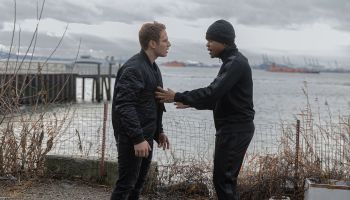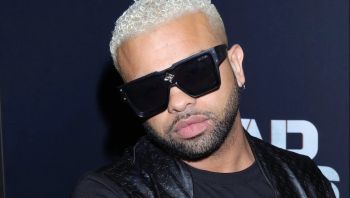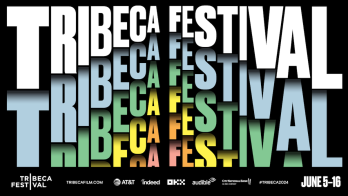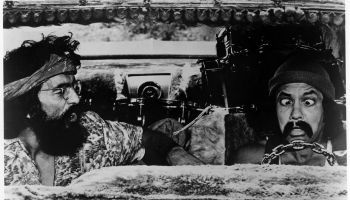You’ve probably been hearing a lot about an Iran Nuclear Deal in the news.
And you’re probably wondering what the heck it all means. I mean, there’s the bit about it being a historic agreement to roll back Iran’s nuclear developments, but what does it mean for the United States?
So, if you are one of those wondering what all the fuss is about and how it started, here’s a quick guide to get you going.
What’s the deal and who sealed it?
Six world powers and Tehran reached the deal that calls on Iran to limit its nuclear activities in return for lighter sanctions. According to CNN, those six powers included the P5+1 group comprising diplomats from the five permanent members of the U.N. Security Council: U.S., UK, France, Russia and China, plus Germany — and of course, Iran.
The deal is actually temporary, but in a nutshell it is a six-month agreement that includes “substantial limitations that will help prevent Iran from creating a nuclear weapon.” In the meantime, some sanctions will be lifted and a more formal agreement will be hashed out.
How did this all start?
That’s a pretty long story. But in short, the U.S. launched a nuclear program with Iran back in 1957 when we were all still pretty friendly. But in 1979 during the Islamic Revolution, the U.S. pulled their support. Then in 2009, Obama decided to open up communication with “hostile” nations:
“To those who cling to power through corruption and deceit and the silencing of dissent, know that you are on the wrong side of history, but that we will extend a hand if you are willing to unclench your fist.”
That same year, he even recorded a message to the Iranians on their New Year’s celebration that signaled “new beginnings.” And so began our journey. Things were moving slowly until a historic September 2013 call between President Obama and Iranian president Hassan Rouhani took place. It was the highest level of communication between the two nations since 1979.
What’s the deal with Iranian nuclear power?
One thing to know is this — Iran isn’t the only country to have nuclear power. In fact, eight nations are known to have nuclear weapons. But Iran has been a worry for America since its revolution. The West has been concerned about Iran using its nuclear program to produce atomic weapons using highly-enriched uranium. According to CNN, nuclear inspectors from the international agency announced they had found traces of highly-enriched uranium at a plant in Natanz ten years ago. Iran temporarily halted enrichment, but resumed enriching again in 2006, insisting enrichment was allowed under its agreement with the IAEA.
Other countries aren’t subject to such scrutiny because they haven’t signed the Treaty on the Non-Proliferation of Nuclear Weapons. Iran, however, did.
Speaking of uranium, what else is in the deal?
Iran will dilute its stockpile of uranium (it had been enriched to 20 percent). Uranium isn’t bomb-grade until 90 percent. As a part of the deal, Iran will also halt all enrichment above five percent and dismantle the equipment that does the enrichment.
What happens if Iran fails to uphold the deal?
Well, more sanctions…more pressure. In short…bad news. It means the already crippled economy of Iran (due to current sanctions) will become worse.
And if Iran decided not to follow the temporary deal, it could also mean a loss of billions of dollars. World powers involved in the talks are discussing providing limited relief to Iran. The world powers will also suspend sanctions on various items, including gold and petrochemical exports.
And what are these sanctions?
The U.N. Security Council passed sanctions against Iran seven years ago (on top of Bill Clinton’s 1995 far-reaching oil and trade sanctions on Iran) for failing to end their nuclear program. They included a ban on arms sales, Iranian oil and financial institutions (including the country’s central bank).
Are we happy about it?
Most of us are. But there is some strong criticism from Congress and even Israel.
Sen. Marco Rubio believes the U.S. should impose stronger sanctions on the nation, calling the deal a blow to our allies in the region. And Israeli Prime Minister Benjamin Netanyahu called the deal a “historic mistake” that would make the world “a dangerous place.”
Hard to say what will come of the deal, but at least now you can make an educated guess.















